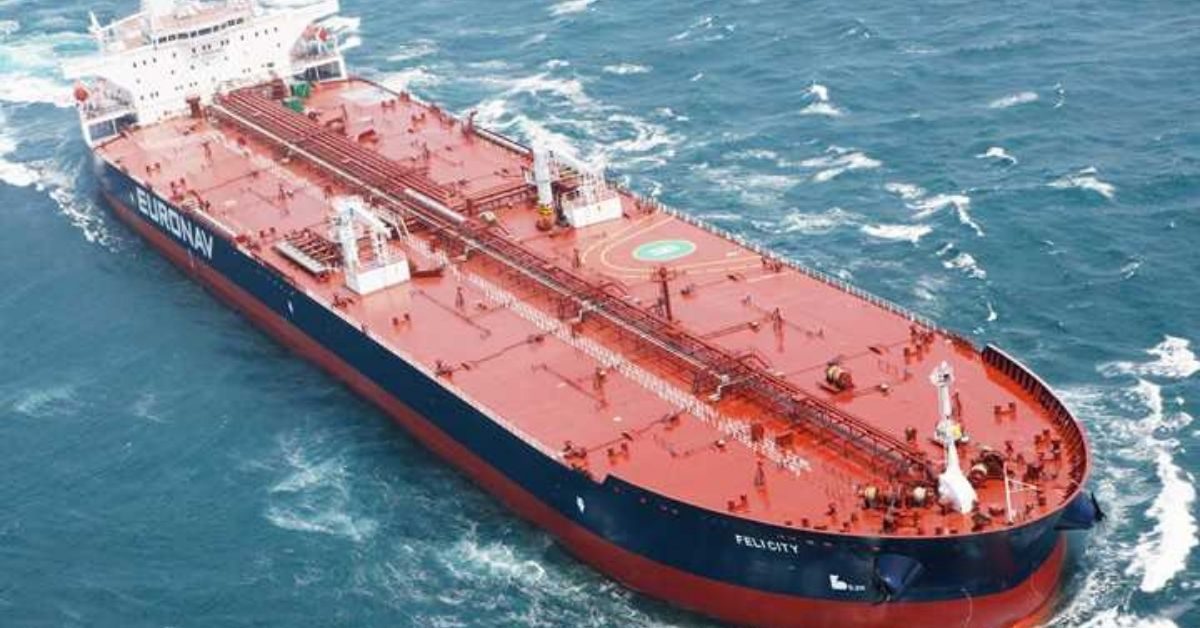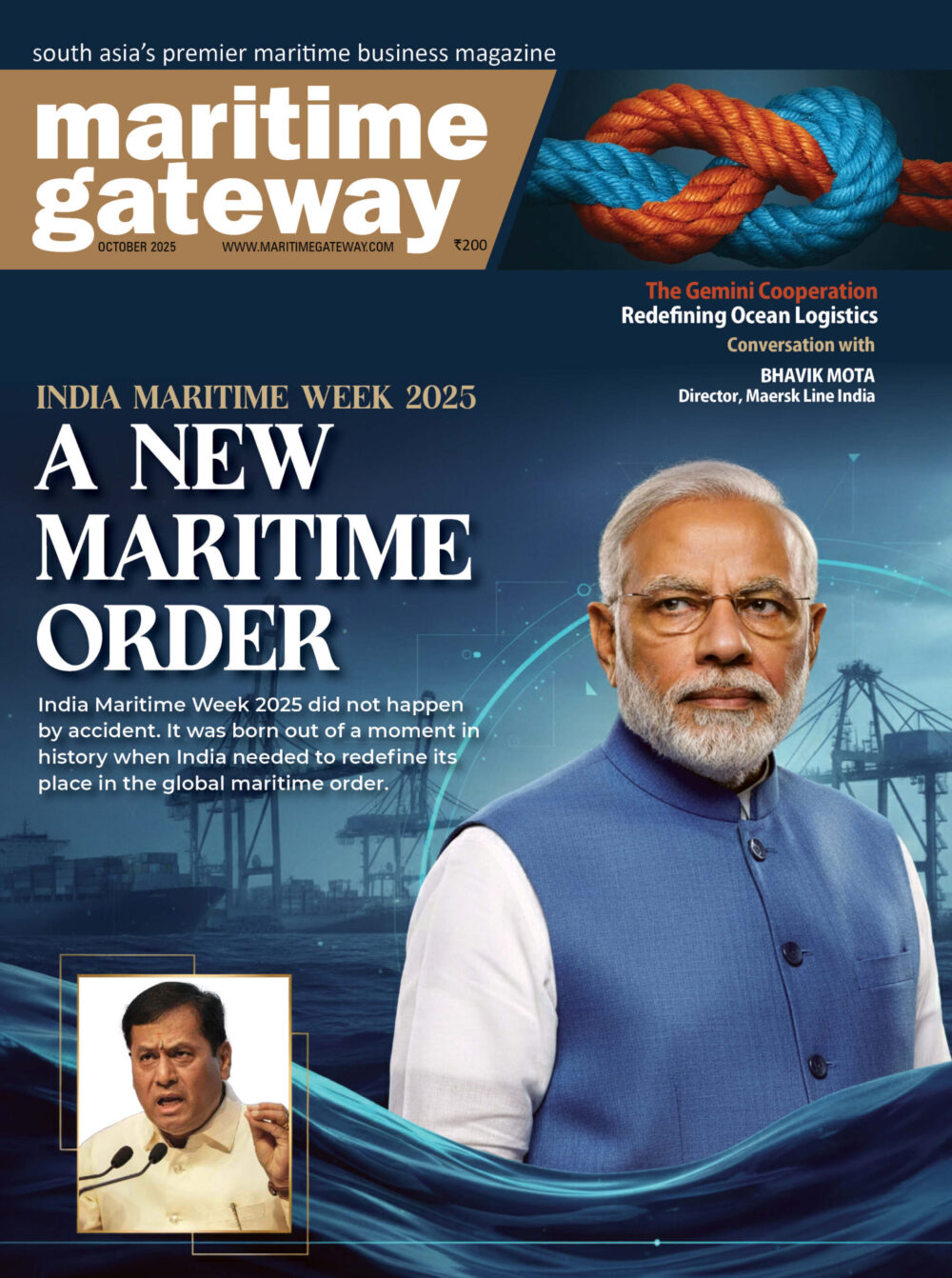As the fight between Israel and Hamas prolongs, the possibility of it expanding into a broader regional conflict involving several West Asian countries increases, which may put India’s energy and infrastructure interests in jeopardy. While Israel remains India’s closest partner in the region, it is Saudi Arabia’s actions which are being closely monitored.
Saudi Arabia over the years has emerged as a key market for India’s infrastructure companies, apart from the role it plays in meeting India’s energy needs. According to senior infrastructure sector executives, bankers and former diplomats, as long as Saudi Arabia is not embroiled in the broader conflict, India’s energy and infrastructure interests in the region remain safeguarded.
“I think the war in the Middle East (West Asia) is an unfortunate development. In our case, most of the orders that we win in the Middle East are in Saudi Arabia and Saudi Arabia, as we speak now, seems to have steered away from entering directly into any kind of conflict or conflicting situation,” said R. Shankar Raman, Chief Financial Officer at Larsen & Toubro, at a post earnings conference call.
During Jul-Sep quarter, India’s engineering heavyweight Larsen & Toubro, secured its highest ever quarterly order inflow of about Rs 89,200 crore, which was dominated by orders from the Middle East and North Africa and from within the region primarily from Saudi Arabia.
In Saudi Arabia, L&T is engaged in energy projects associated with the NEOM Project, launched by Saudi Arabia’s crown prince Mohammed bin Salman Al Saud and has been awarded a contract to construct renewable energy infrastructure for green hydrogen plant at NEOM, touted to be the world’s largest, which will integrate 4GW of renewable energy to enable production of up to 600 tonnes of carbon-free hydrogen per day.
According to Amit Kapur, Joint Managing Partner at J Sagar Associates or JSA, a leading Indian law firm tracking the sector, Saudi Arabia staying away from any direct action in the conflict, is giving cover to infrastructure projects. So far, L&T must be on a good wicket earning higher than usual margins and profits on these projects,” said Kapur.
PROJECT EXPORTS
Indian government backed financial institutions such as EXIM Bank, which have some exposure to project investments in West Asia, anticipate that there remains no risk to Indian projects in the region provided Saudi Arabia does not enter the conflict.
“..there is a good amount of exports happening to the Middle East region, particularly UAE and Saudi Arabia and if there is an impact due to their change in stance in terms of this conflict, that I am not really sure but things as of today, there is no point for concern as such,” said N. Ramesh, Deputy Managing Director, EXIM Bank of India.
“Till date none of the well doing economies in the region have explicitly said or given their intention about participating in this conflict, except for Iran where we don’t have any exposure,” said N. Ramesh.
EXIM Bank of India and its counterpart in Saudi Arabia in September signed a Memorandum of Understanding for cooperation in joint projects, export of products and services, exploration of entrepreneurial opportunities, as well as on extending credit lines.
POTENTIAL GAS GRID WITH SAUDI ARABIA
While uncertainty remains as to when normalcy will resume in West Asia, former senior officials from the government, outlined the importance of Saudi Arabia for India’s potential future projects associated with oil and gas. Among them, the proposed Oman-India Pipeline project.
“It has been found that Oman to India is the shortest route and above all there is an icing on the cake which has happened very recently that UAE and Saudi (Saudi Arabia), they have declared that they will be surplus in gas from 2027 onwards,” said A.K. Purwaha, Former Chairman and Managing Director, Engineers India Ltd, adding that gas reserves from UAE and Saudi Arabia can be transported through a land route up to Oman and from thereon directly to India.
Oman-India Pipeline is a proposed project, which seeks to connect Oman’s gas fields to India via undersea pipeline across the Arabian Sea and is considered a more viable alternative compared to overland TAPI (Turkmenistan–Afghanistan–Pakistan–India) Gas Pipeline, albeit more challenging in terms of cost and engineering.
D.P. Srivastava, Distinguished Fellow, Vivekananda International Foundation and Former Indian Ambassador to Iran also echoed the views of Purwaha.
“Fortunately it (Israel-Hamas conflict) has not spread to oil and gas bearing regions and this is because of rapprochement between Saudi Arabia and Iran, the two regional superpowers and two major producers of oil and gas,” said D.P. Srivastava, Distinguished Fellow, Vivekananda International Foundation and Former Indian Ambassador to Iran.
As India aims for achieving its net-zero targets and obligations under the Paris Agreement on Climate Change, gas will play a key transition fuel to steer the economy. For both infrastructure buildup and securing energy needs, India needs a stable West Asia, in which Saudi Arabia is a key pillar.









